
Read offline
Recommendation
The merit of government intervention in free markets is a hotly contended issue. When it comes to food prices, however, governments’ active trade policies seem to exacerbate existing problems. Economists Paolo Giordani, Nadia Rocha and Michele Ruta parse data on food price volatility between 2008 and 2011 that appear to support a positive correlation between policies designed to correct imbalances and higher food prices. Rich in formulaic expression, this scholarly analysis considers how, rather than preventing “food crises,” government can actually contribute to them. getAbstract recommends this report’s erudite insights to economists and policy makers.
Summary
About the Authors
Paolo Giordani is an economics professor at LUISS Guido Carli University in Rome. Nadia Rocha is a senior economic adviser to Colombia’s Ministry of Trade. Michele Ruta is a lead economist at the World Bank.


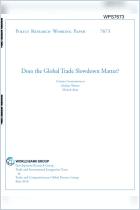
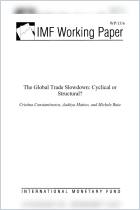
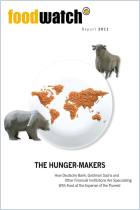
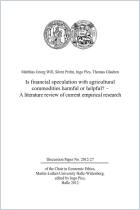
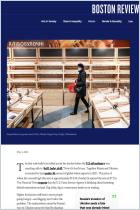
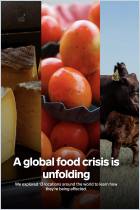
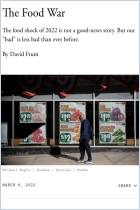
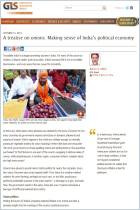






Comment on this summary